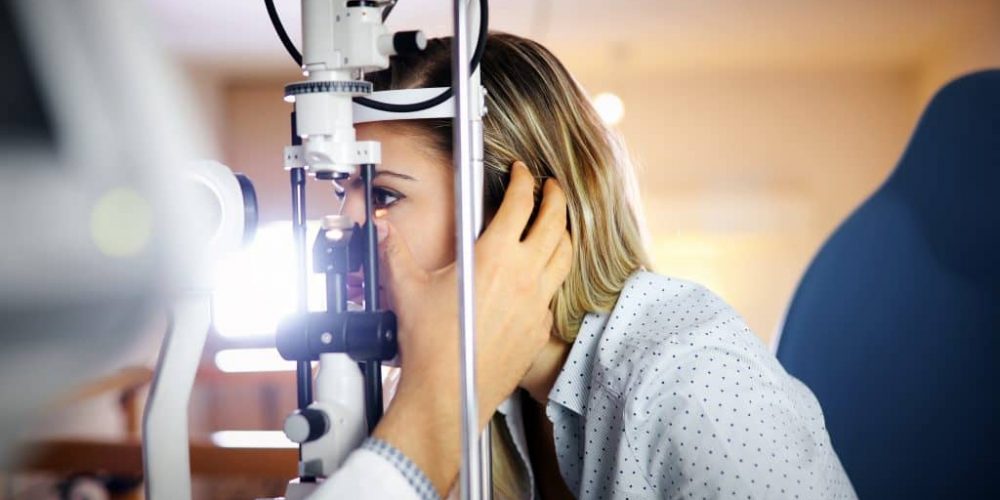Book Your Free No Obligation Laser Eye Surgery Screening today.
Long-sightedness, or hyperopia as it is known medically, is a refractive error of the eye that can be compensated for or corrected. It usually occurs when the eyeball is shorter than required for the curvature (refractive power) of the cornea or more generally when there is a mismatch between the refractive power and the length of your eye. This results in light rays coming to focus in front of the retina; for normal crisp vision the light rays need to focus on the retina.
Hyperopia is naturally present at birth and the early years of life; over the first 5 to 6 years the degree of hyperopia gradually decreases through a process known as emmetropisation. Although this process may continue throughout childhood, a significant proportion of the population will remain hyperopic in adulthood.
Similar to other refractive errors, the cause of long-sightedness is not fully understood. Overall, it represents a failure of emmetropisation, the biological process that matches the length of the eye to its refractive power. Genetic factors are considered to play an important role, as the condition does run in families. Rural living and prolonged outdoor activities have also been implicated in studies.
Long-sightedness and other refractive errors can be diagnosed by your optometrist (optician) or eye doctor. The examination involves a refraction in order to assess the refractive status of the eye. Other conditions that may co-exist, such as squint and lazy eye, can also be detected.


Treatment options for hyperopia include glasses, contact lenses and refractive eye surgery:
We're rated excellent on Trustpilot & average 5-stars on Google, Doctify and TopDoctor for the outstanding service we provide before, during & after treatment.
Nuffield Health Wessex Hospital
Winchester Road, Chandlers Ford,
Eastleigh, SO53 2DW
© Laser Vision Eye Centre 2023. All Rights Reserved.